Like many expats who land in Prague, Canadian Reena Sattar started out as an English teacher. With a degree in South African studies, she longed to work in human rights or international development — noble aspirations but not exactly something she thought she could do from Central Europe.
In 2012, however, Sattar was recruited for the Prague office of Médecins Sans Frontières (MSF). Since then the Ottawa native has embarked on humanitarian missions to all corners of the globe as part of the organization’s ongoing efforts to bring aid to areas facing disease epidemic, war, or natural disasters.
“I was one of those people who thought MSF only hired doctors,” says Sattar, “But in 2011 I saw an ad on the Czech MSF page for administrators and I thought ‘I could do that!’ so I applied.”
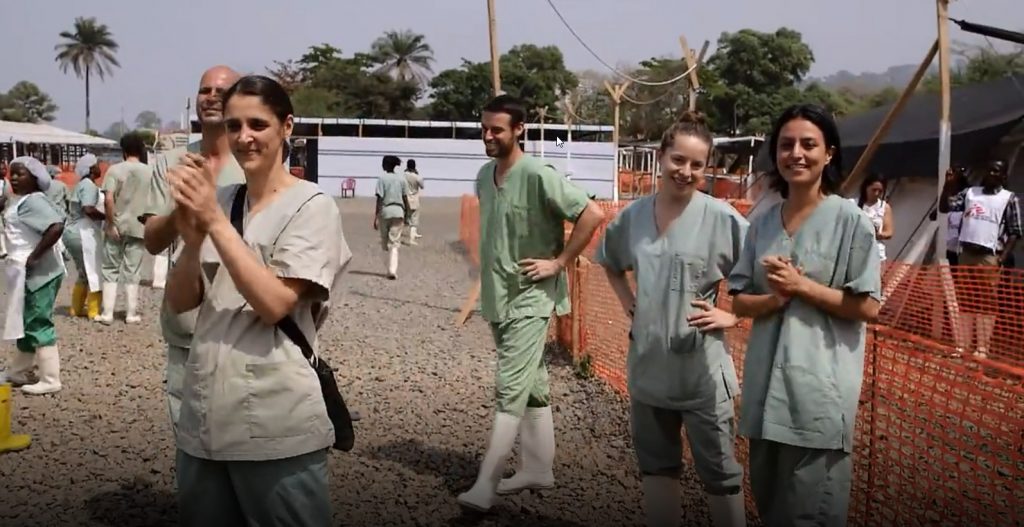
Doctors Without Borders has been operating in the Czech Republic since 2006. While one of the organization’s primary goals here are communications and fundraising, another is recruitment: MSF opened a shared IT center in Prague this year and is currently seeking people to staff it.
“The reality is doctors represent only 25 percent of our staff, and 25 percent is paramedics and 50 percent is non-medical profile. So anybody can join,” says Pavel Gruber, director of the Czech office of Doctors Without Borders.
Gruber says that MSF hires from Prague for positions across a broad scope of sectors including logistics, administration, HR coordinators, project coordinators, heads of missions, engineers, and architects.
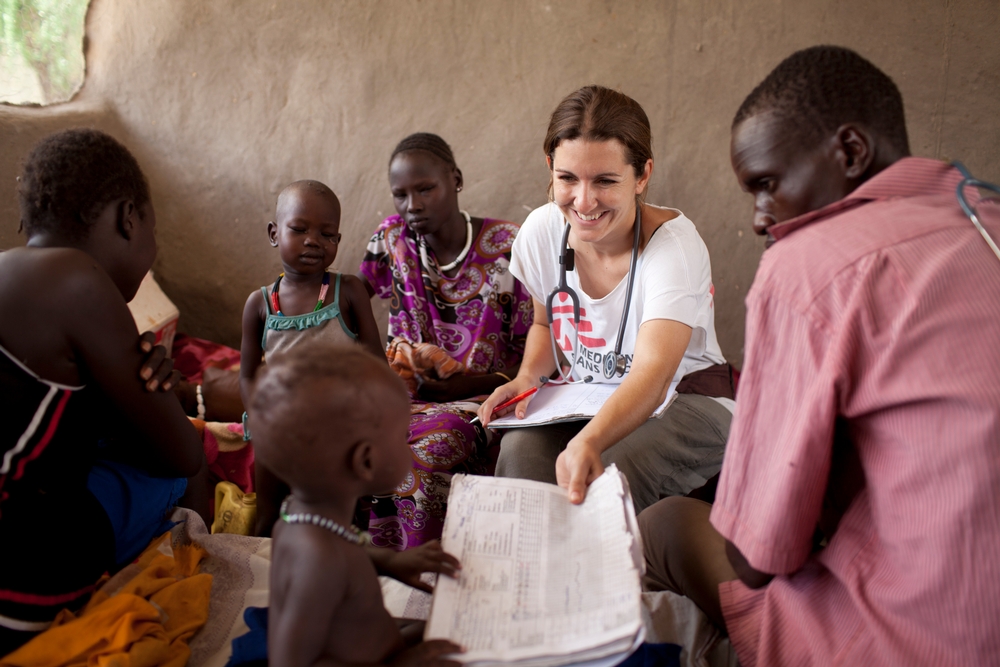
“The only specific language for the field is English. English is a must. French or Arabic is a huge asset,” he adds, as is two years of any work experience.
Sattar began her work with MSF as a field administrator and then as Head of HR for MSF Czech Republic, where she was responsible for recruiting field staff. She is currently an induction trainer, going to missions to provide training for new staff. Her work has taken her to South Sudan, Iraqi Kurdistan, Dohuk, Syria, and the Democratic Republic of Congo. She was in Sierra Leone during the Ebola epidemic, Ukraine, Donetsk People’s Republic, and Yemen.
She says that working for MSF is actually the perfect job for expats who’ve already faced the challenges of living in a foreign country where you don’t speak the language and must regularly deal with culture shock.
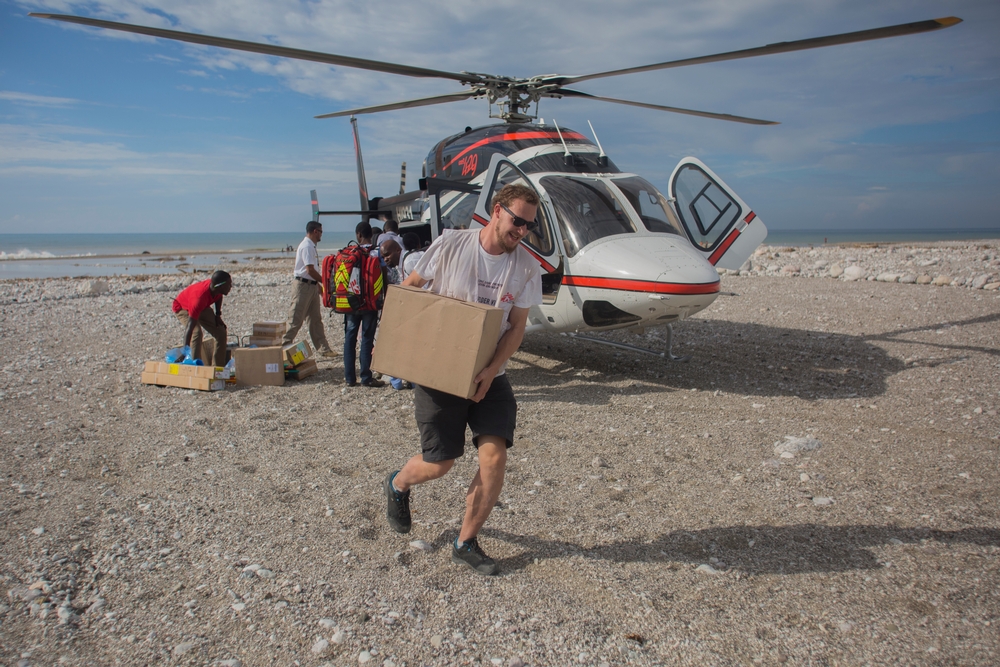
“You need to be able to adapt to different contexts at a whole other level given that we are an emergency organization and things change all the time,” says Sattar. Being a team player is another important skill, she adds.
“You live and work 24/7 with your colleagues, often with no chance of any other social interactions.”
The job isn’t without difficulties. “One of the biggest challenges I have faced is probably the workload. You can be working 12 to 16 hour days, 6 or 7 days a week, because there is simply so much to do.” Extreme weather is another downside.
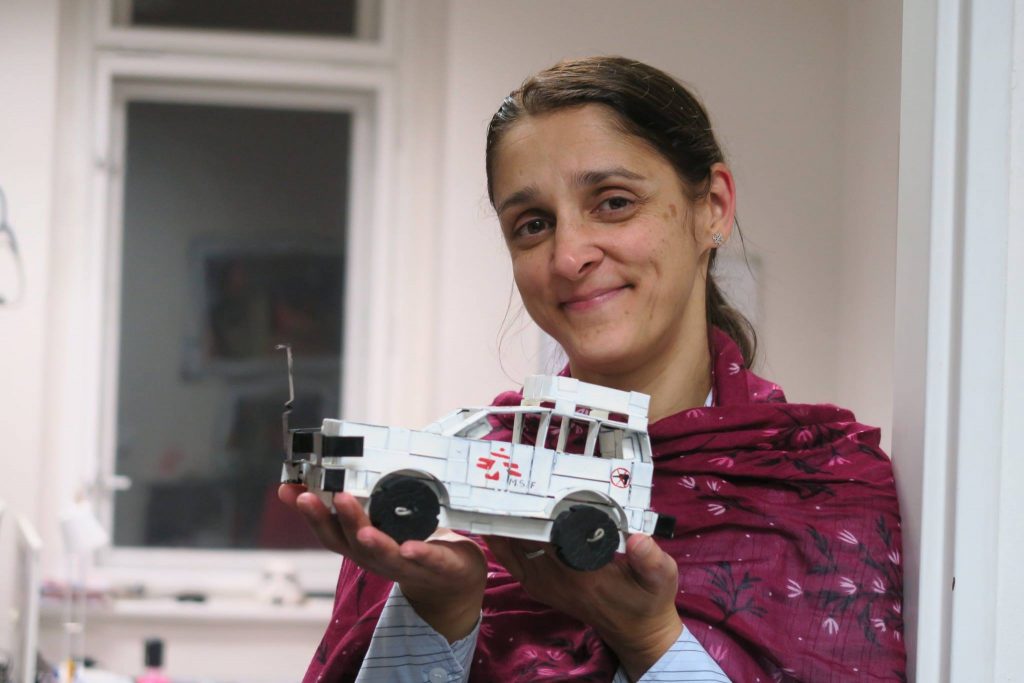
“When I first arrived in Yemen it was more than 40 degrees every day. We did have air-conditioning but in some rooms, even with A/C it was still 30 degrees. It can be hard to work when you’re so uncomfortably hot.”
The rewards of working for MSF, however, outweigh the extremes. “I’ve gotten to see parts of the world that are inaccessible to most and I’ve become more aware of just how lucky I am to have had access to education and health care — this doesn’t mean I don’t still have ‘first world problems’ but I do have a different view on what’s truly a problem and what isn’t.”
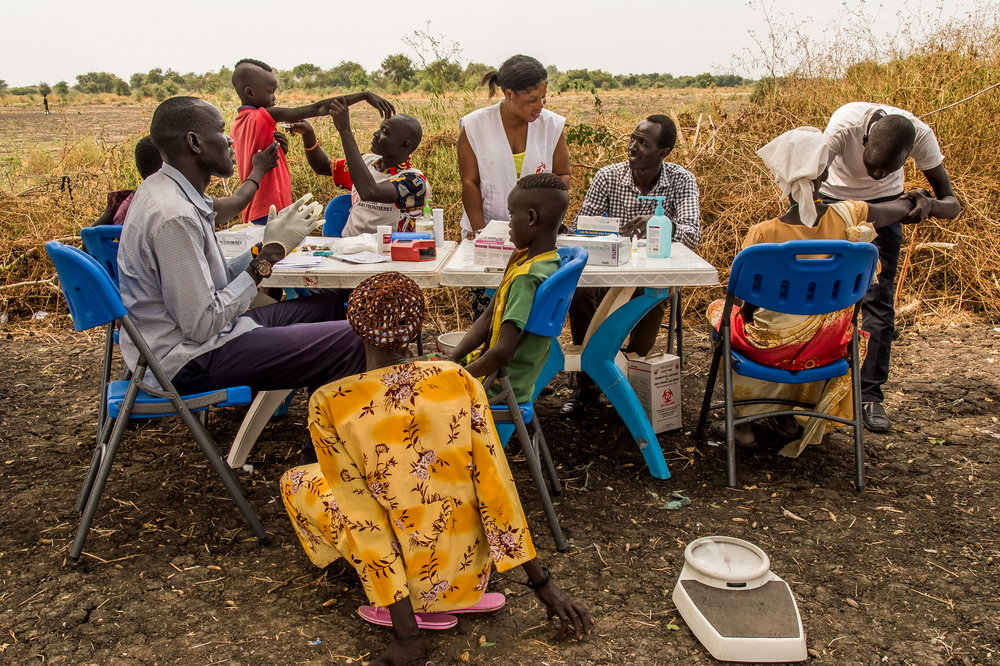
Sattar’s advice for expats looking to make a career change and apply at MSF?
“Go for it! MSF hires new field staff on a year-round basis. The first step is to attend an information evening and see if fieldwork is really for you,” she says. Information evenings are held once every two months in Prague, Brno, and Bratislava.
For those who want to contribute to a worthy cause without signing on to work for MSF, donations are always needed, says Gruber. “We are financially independent, which means we do not accept any government funds or money from the UN or EU. This allows us, not some government agency, to decide where the needs are biggest.”
Eighty percent of an individual donation goes directly back into projects.
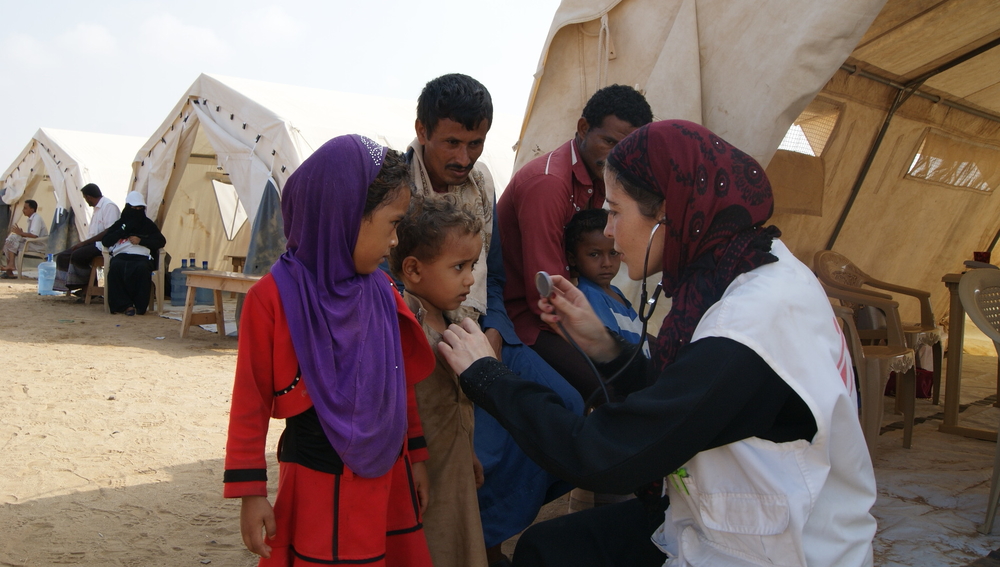
Mobile clinics in Yemen provide out-patient services for internally displaced people and host communities across the district, including regular consultations, emergency referrals, ante-natal care and mental health.
It’s also possible to help in other ways. According to Gruber, one of the specializations of the Czech office, aside from digital communications expertise, is crowd mapping, where missing maps are compiled by volunteers.
“Everyone thinks if you open Google maps you have maps of every country,” he says. “But when you compare the satellite image to Google maps, you see the Google map is blind and actually, there are cities, rivers, and streets which are not up there.”
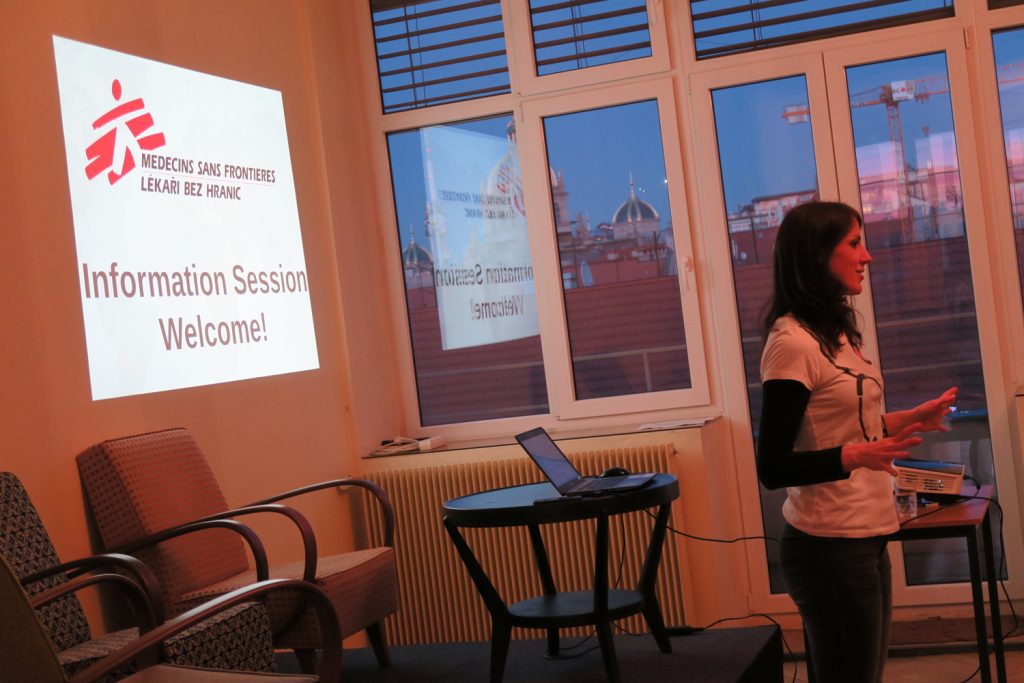
Like Gruber, Sattar sees the humanitarian aspect as one of the greatest benefits of a career with MSF, even for those who staff “back-office” positions such as administrators.
“I consider myself extremely lucky to be able to do a job that I love,” she tells us. “It’s really tough work, exhausting both physically and mentally, but also incredibly rewarding. You see the patients that you are helping, you know that the work you do has a direct and positive impact.”
To make a donation to Doctors without Borders click here.
To apply for a job at Doctors without Borders in the Czech Republic see the schedule of information nights here.












 Reading time: 4 minutes
Reading time: 4 minutes 


























